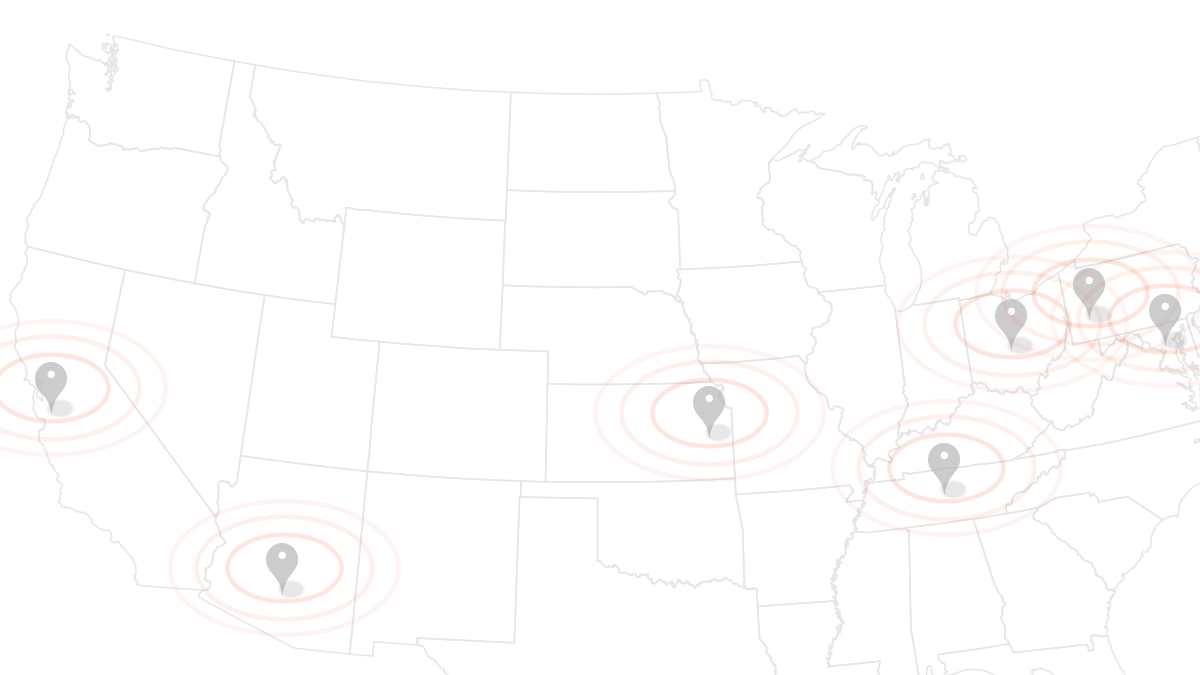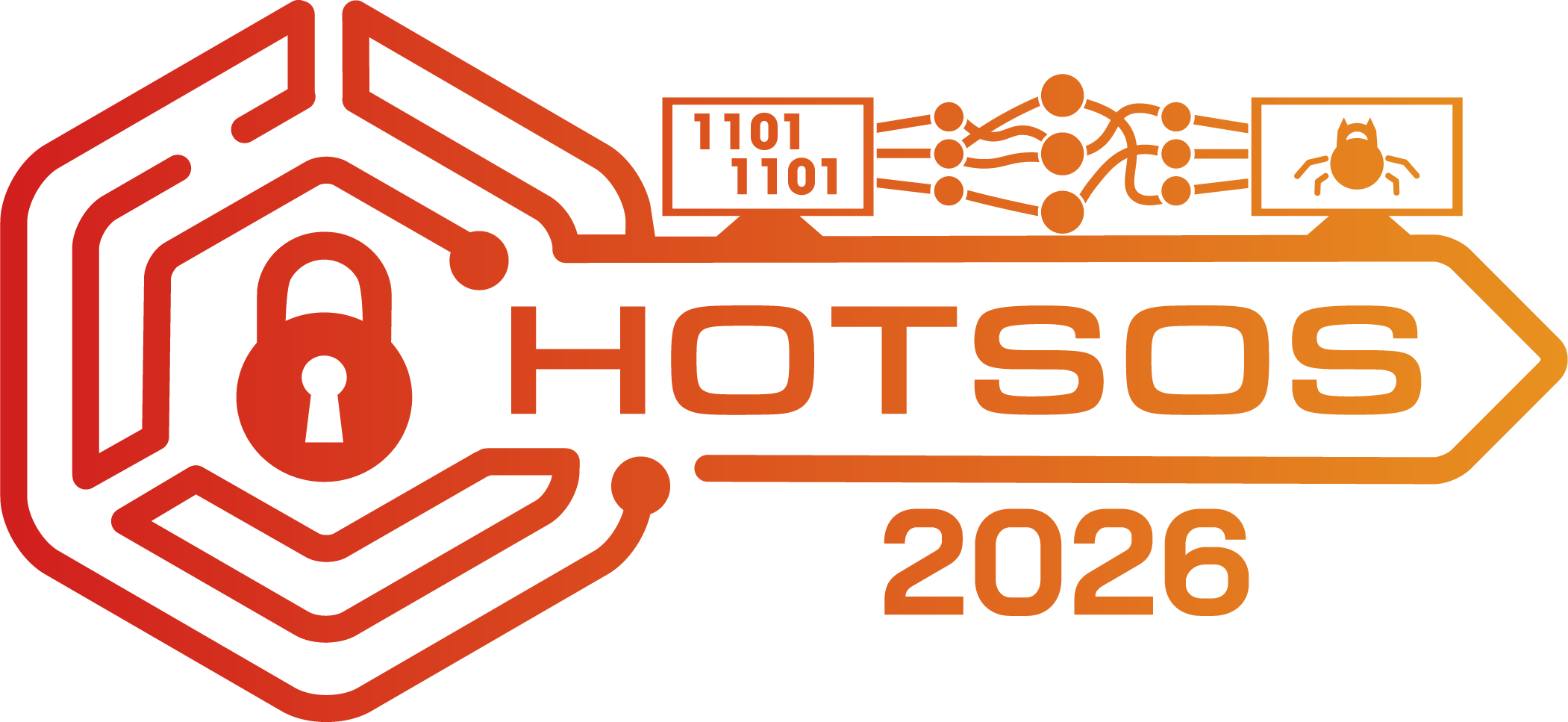Defensive Technology Use by Political Activists during the Sudanese Revolution
Recording available to NSA participants upon request only.
ABSTRACT
Political activism is a worldwide force in geopolitical change and has, historically, helped lead to greater justice, equality, and stopping human rights abuses. A modern revolution—an extreme form of political activism—pits activists, who rely on technology for critical operational tasks, against a resource-rich government that controls the very telecommunications network they must use to operationalize, putting the technology they use under extreme stress. Our work presents insights about activists’ technological defense strategies from interviews with 13 political activists who were active during the 2018-2019 Sudanese revolution. We find that politics and society are driving factors of security and privacy behavior and app adoption. Moreover, a social media blockade can trigger a series of anti-censorship approaches at scale, while a complete internet blackout can cripple activists’ use of technology. Even though the activists’ technological defenses against the threats of surveillance, arrest and physical device seizure were low tech, they were largely sufficient against their adversary. Through these results, we surface key design principles, but we observe that the generalization of design recommendations often runs into fundamental tensions between the security and usability needs of different user groups. Thus, we provide a set of structured questions in an attempt to turn these tensions into opportunities for technology designers and policy makers.

BIOS
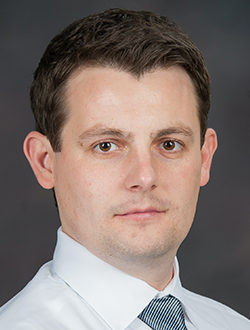 Alex Bardas is an assistant professor in the Department of Electrical Engineering and Computer Science at the University of Kansas. His research interests are focused on cybersecurity, mainly from a system's perspective with a central human-computer-interface component. Dr. Bardas received a Ph.D. in computer science from Kansas State University. His research is supported by several federal agencies such as the National Security Agency and the National Science Foundation.
Alex Bardas is an assistant professor in the Department of Electrical Engineering and Computer Science at the University of Kansas. His research interests are focused on cybersecurity, mainly from a system's perspective with a central human-computer-interface component. Dr. Bardas received a Ph.D. in computer science from Kansas State University. His research is supported by several federal agencies such as the National Security Agency and the National Science Foundation.

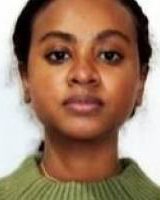 Alaa Daffalla is a first year PhD in Computer Science student at Cornell University advised by Thomas Ristenpart. She is broadly interested in usable and applied security and privacy. Her previous work involves understanding the security and privacy of at-risk populations.
Alaa Daffalla is a first year PhD in Computer Science student at Cornell University advised by Thomas Ristenpart. She is broadly interested in usable and applied security and privacy. Her previous work involves understanding the security and privacy of at-risk populations.

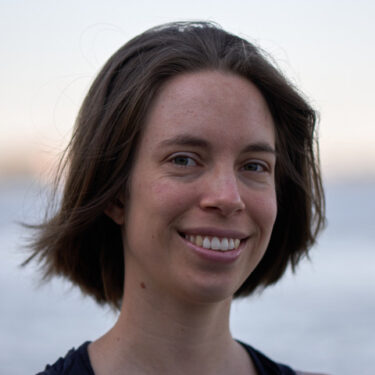 Lucy Simko is a research scientist at the George Washington University. Her work focuses on the security and privacy-related needs and practices of populations during times of change. Her research has been published at IEEE Security & Privacy, PETS, CHI, and IDC, and she is the recipient of a National Science Foundation Graduate Research Fellowship. She was recently a remote intern at the Max Planck Institute for Security and Privacy, where she investigated the use of technology during hurricanes. Lucy recently earned her PhD in Computer Science from the University of Washington’s Paul G. Allen School of Computer Science and Engineering.
Lucy Simko is a research scientist at the George Washington University. Her work focuses on the security and privacy-related needs and practices of populations during times of change. Her research has been published at IEEE Security & Privacy, PETS, CHI, and IDC, and she is the recipient of a National Science Foundation Graduate Research Fellowship. She was recently a remote intern at the Max Planck Institute for Security and Privacy, where she investigated the use of technology during hurricanes. Lucy recently earned her PhD in Computer Science from the University of Washington’s Paul G. Allen School of Computer Science and Engineering.
